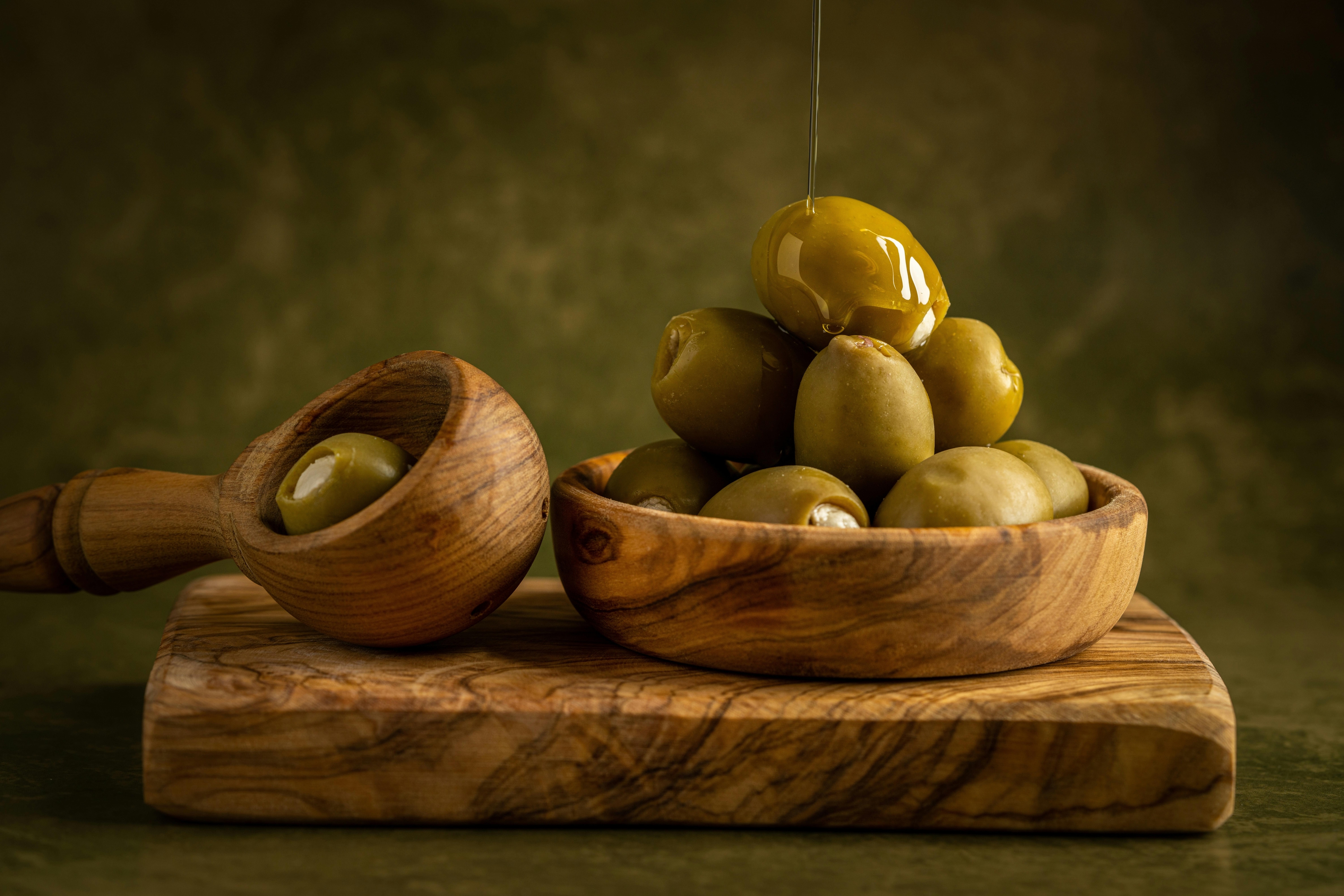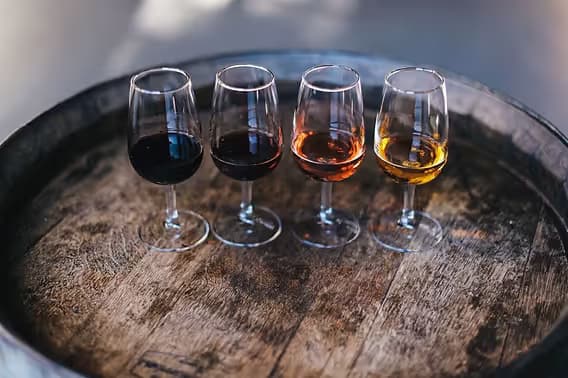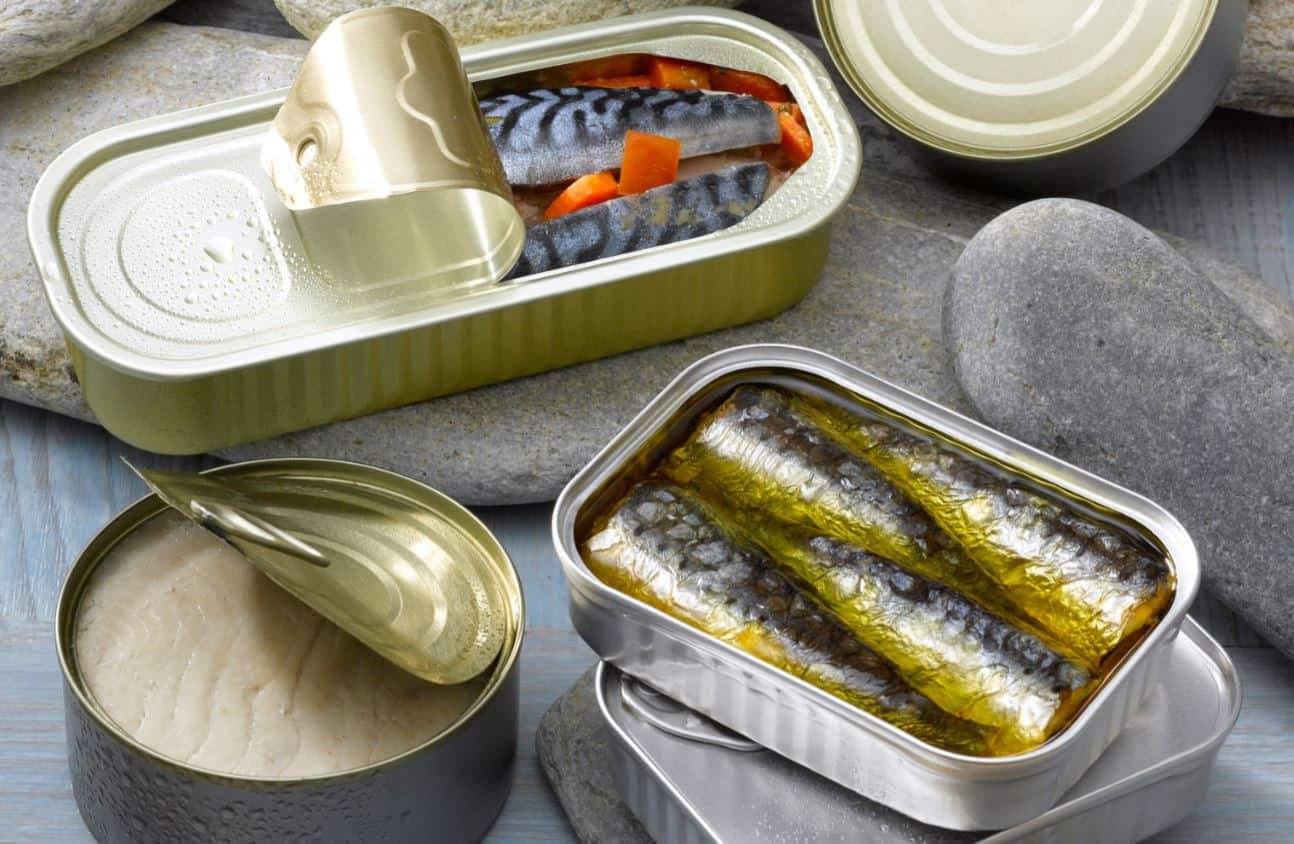
Olive oil is much more than just an ingredient in Portugal; it embodies a millennia-old tradition, ancestral know-how, and a true source of national pride ! Nicknamed “liquid gold,” Portuguese olive oil is renowned for its exceptional quality and its central role in the country’s gastronomy. Since Antiquity, olive oil has been at the heart of Portuguese culture and cuisine. Today, it is even internationally recognised for its outstanding quality and unique flavours.
A history rooted in tradition
The history of olive oil in Portugal dates back to Roman times, when the Romans introduced olive cultivation to the Alentejo region. Since then, olive oil production has become a true tradition in Portugal ! In the Middle Ages, religious orders played a key role in developing olive cultivation, notably by introducing new agricultural techniques and establishing monastic olive groves. In the 16th century, even the "Visigothic Code" protected olive trees by imposing heavy fines for cutting them down… this legislation reflects the importance of the olive tree in the country’s economy and culture.
By the 18th century, olive cultivation had spread across five regions from north to south, and even before wine, olive oil was already helping Portugal reach the world!
An ideal terroir
Portugal benefits from ideal climatic and geographic conditions for olive cultivation. Between Mediterranean climate (hot, dry summers ideal for ripening olives) ; suitable soil (limestone, well-drained soils perfect for olive tree roots) ; and centuries-old tradition (generational know-how). These combined factors allow Portugal to produce olive oils of exceptional quality !
Olive oil producing regions in Portugal
Portugal is the country that produces the highest percentage of extra virgin olive oil in the world. Currently, around 85% of national production comes from the intensive olive groves of the magnificent Alentejo region, which is at the heart of the entire production process.
There are also other regions in Portugal renowned for producing high-quality olive oil. For example, the Beira Alta region (municipalities of Meda, Figueira de Castelo Rodrigo, Pinhel, Guarda, Celorico da Beira, Seia, Gouveia, and Almeida) is famous for its exceptional olive oils, thanks to a unique terroir.
In the Trás-os-Montes region (in the far northeast of the country), olive cultivation and oil production are mainly concentrated in what is known as the “Terra Quente” (“Hot Land”), which includes several municipalities (Valpaços, Mirandela, Macedo de Cavaleiros, Alijó…)

How to choose a quality olive oil ?
To truly appreciate Portuguese olive oils, it’s essential to know how to choose them, and here are a few tips (you’re welcome!)
"Extra virgin" category
This is the highest quality ! It’s obtained through mechanical processes with no chemical treatment.
Olive variety
Varieties such as Galega, Cobrançosa, or Cordovil are typical of Portugal.
Harvest
An early harvest ensures a fruitier oil, richer in antioxidants.
Storage
Olive oil should be kept away from light and heat to preserve its organoleptic qualities. That’s why we recommend choosing dark glass or metal containers.
Acidity
An extra virgin olive oil must have an acidity level below 0.8%. The lower the level, the fresher, healthier, and better extracted the oil is.
Production process
Cold extraction helps preserve the aromas and nutrients of the olive oil.
Origin
DOP (Protected Designation of Origin) olive oils guarantee specific quality and provenance.
A little table tip (which I use myself, by the way) : if the oil makes you want to dip your bread in it before even tasting the dish, it’s a good one, trust me !
Some iconic brands to discover
Esporão : internationally recognised for its award-winning olive oils (based in the Alentejo region).
Gallo : one of the most popular brands in Portugal (often found in local restaurants). It offers a wide range of olive oils to suit all tastes.
Olival da Risca : an organic producer offering innovative flavoured oils (like basil or mandarin, for example !).
Sociedade Agrícola Vale do Ouro: awarded by the International Olive Council for its “green fruity olive oil,” considered the best in the world.
Mainova : this contemporary Portuguese brand stands out for its high-quality olive oils from sustainable, environmentally friendly farming (and you can even visit the estate and buy the oil directly on site !)
Olive oil tourism, an immersion into the world of olive oil
For olive oil lovers, Portugal also offers unique oleotourism experiences, perfect for becoming an expert in the entire production process.
Casa Feteira : this Quinta offers guided tours of its vast 12-hectare olive grove, followed by olive oil tastings. It’s located in the Alentejo.
Alqueva Land : offers olive oil tastings paired with traditional meals. This Quinta lets you discover the production process using Galega olives.
Monterosa Olive Oil Farm : located in the Algarve region (specifically in Moncarapacho). It offers guided tours of its olive grove followed by tastings.
Quinta do Tedo : this Quinta recently launched a new olive oil tasting experience, allowing visitors to discover the production process and enjoy high-quality oils.
Quinta da Pousada : located in the Douro Valley, this Quinta offers tastings of organic olive oils paired with typical regional products.
It’s simple, after a visit like that, you’ll never look at supermarket olive oil bottles the same way again ! As you’ve gathered, olive oil in Portugal is much more than just a food product; it’s a reflection of a rich cultural heritage and know-how passed down through generations. Whether you’re a food lover or a history enthusiast, discovering Portuguese olive oils is a sensory and cultural experience not to be missed.
Share this article
Suggested articles

Port Wine, A Guide to Understanding and Enjoying It
Port wine is a true gem of Portugal’s wine heritage, admired worldwide for its richness, complexity, and fascinating history. It’s produced exclusively in the Douro Valley, a breathtaking region classified as a UNESCO World Heritage Site, where vines cling to steep terraces as if reaching for the sky. This fortified wine embodies both Portuguese tradition and the expertise of generations of passionate winemakers, the time artisans who age wine the way others nurture love stories. But Port is much more than a drink : it’s a living chapter of Portuguese culture, a symbol of conviviality and gastronomy…in short, a glass that tells the story of a nation.

Canned fish, from everyday staple to gourmet art
In Portugal, canned fish embodies a true culinary tradition, an artisanal savoir-faire, and a way to elevate everyday meals. Sardines, tuna, mackerel, clams, and even octopus, each tin tells the story of fishermen, Portugal’s Atlantic coastlines, and the nation’s deep passion for the sea. And if you still think canned fish is just for lazy nights or quick fixes… think again !

Portuguese Design, Between Sobriety, Tradition and Modernity
Between Sobriety, Tradition and Modernity Portugal doesn’t captivate only with its sunny beaches, generous cuisine, or rich historical heritage. Behind the colorful streets and the shimmering azulejos lies a richness that’s sometimes less visible but just as fascinating : its design. Discreet, refined, and sometimes bold, Portuguese design reflects a unique identity at the crossroads between traditional craftsmanship and contemporary modernity. And let’s be honest, it’s hard not to fall for this perfect balance between simplicity and elegance!

Traditional Markets, Where to Treasure Hunt and Taste Local Delights
Portugal, with its rich culture and gastronomy, offers locals and visitors a truly unique experience through its traditional markets, commonly known as feiras. These places aren’t just rows of stalls; they’re real stages of daily life, the beating heart of towns and villages, where gastronomy, craftsmanship, music, and of course…


